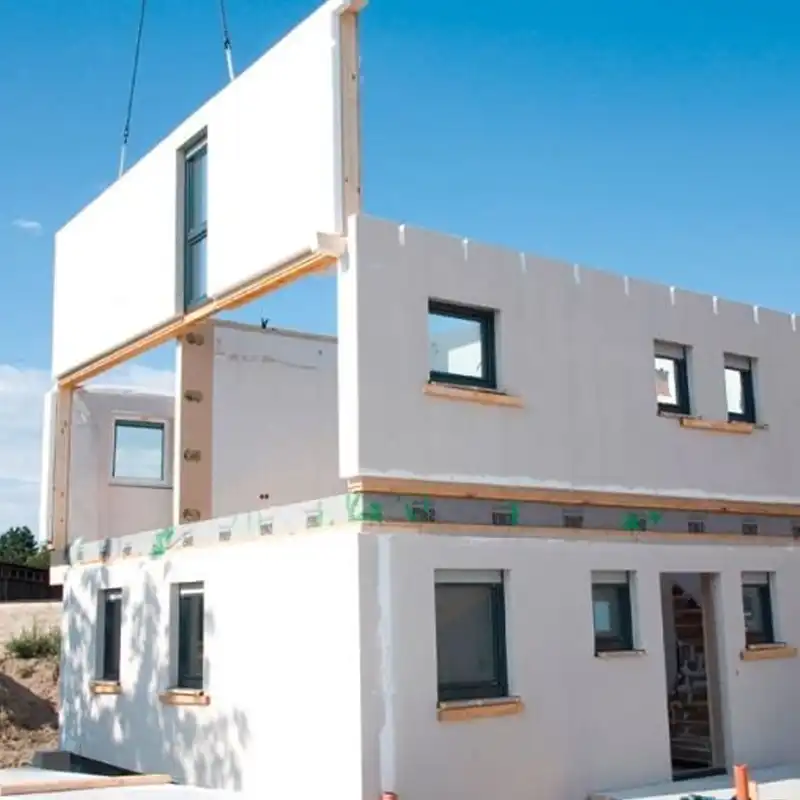
Expanded Polystyrene System
Expanded Polystyrene (EPS) System is a versatile and lightweight material known for its exceptional insulation properties and structural integrity. It is commonly used in construction, packaging, and various other industries due to its ability to efficiently trap air and provide excellent thermal resistance.
Why Choose Our Expanded Polystyrene System
Expanded Polystyrene (EPS) System is a highly versatile and efficient material renowned for its exceptional insulation capabilities and structural strength. Widely utilized across diverse industries including construction and packaging,
EPS excels in providing thermal resistance, durability, and moisture resistance. Its lightweight nature facilitates easy transportation and installation, contributing to cost-effectiveness in various applications.

- Excellent thermal insulation properties: EPS effectively traps air, providing superior thermal resistance and energy efficiency in buildings.
- Lightweight yet durable: EPS is lightweight, making it easy to handle and install, while still offering structural strength and durability.
- Moisture resistance: EPS is resistant to moisture, preventing issues like mold and mildew growth, making it suitable for various environments.
- Versatility: EPS can be molded and shaped to fit various applications, from insulation in construction to protective packaging in shipping.
- Cost-effectiveness: Its affordability compared to alternative materials makes EPS a cost-effective choice for insulation and packaging solutions.
What expanded polystyrene system include
Here are some products that expanded polystyrene system include in the following:
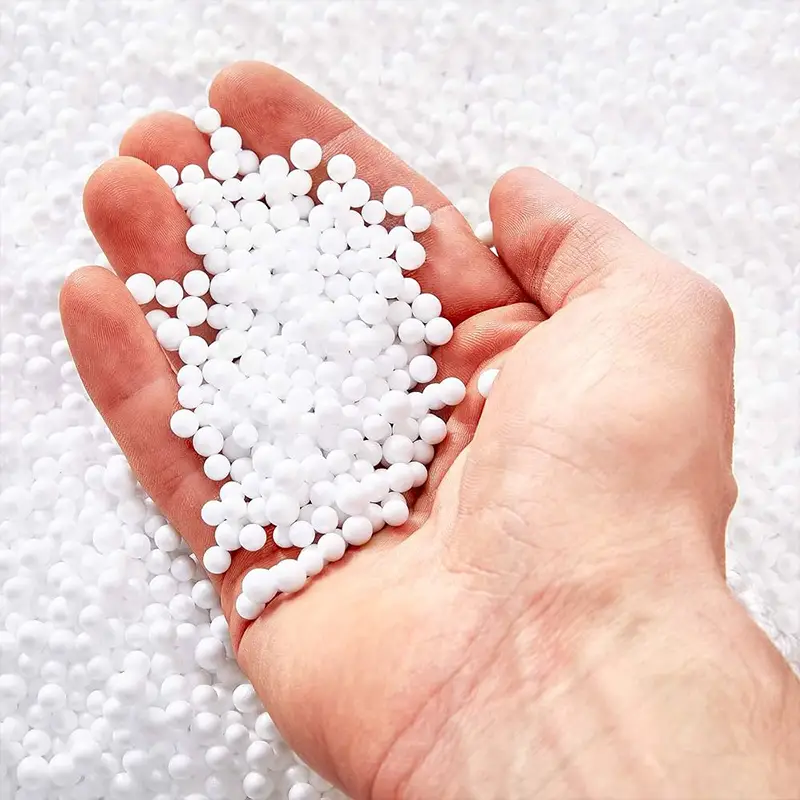
Expanded Polystyrene (EPS) beads
Expanded Polystyrene (EPS) beads are tiny, lightweight pellets made from polystyrene, a thermoplastic material. These beads undergo a process of expansion using steam and heat, increasing their size dramatically while creating a cellular structure.
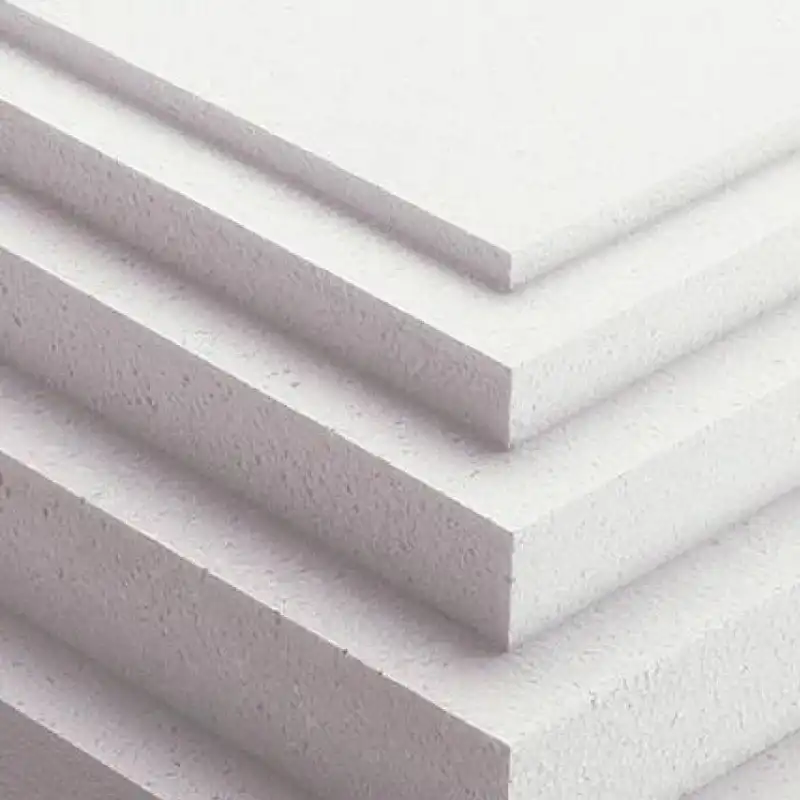
EPS insulation boards
EPS is commonly used as rigid insulation boards in construction for walls, roofs, and floors, providing thermal insulation and moisture resistance. Please feel free to contact us anytime to quote your desired EPS insulation boards.
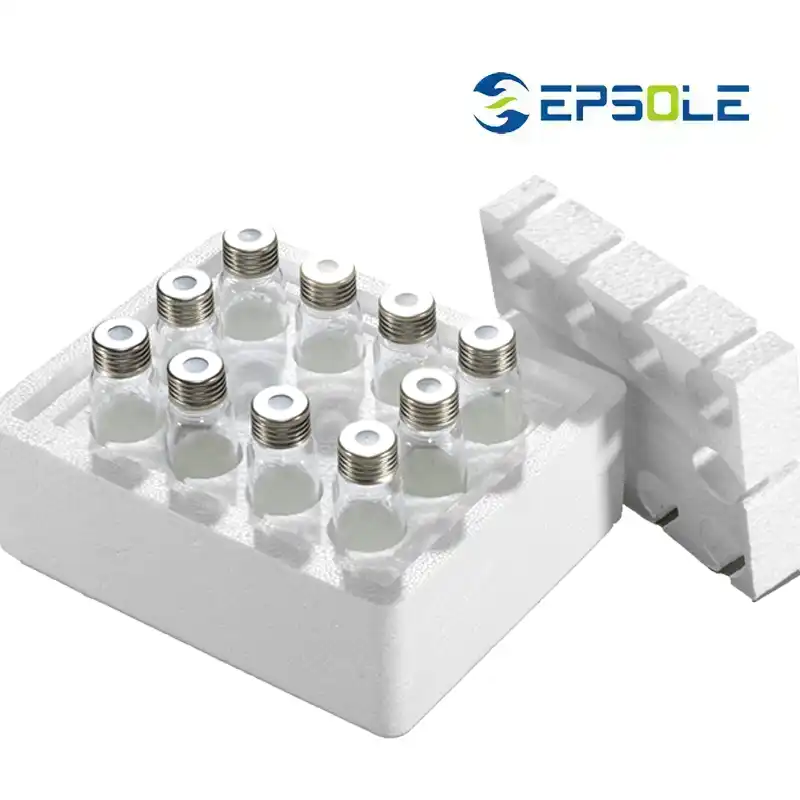
EPS packaging
EPS is widely used in packaging applications, such as protective packaging for shipping delicate items, food packaging, and cushioning materials. For more about EPS packaging, don’t hesitate to contact us now.
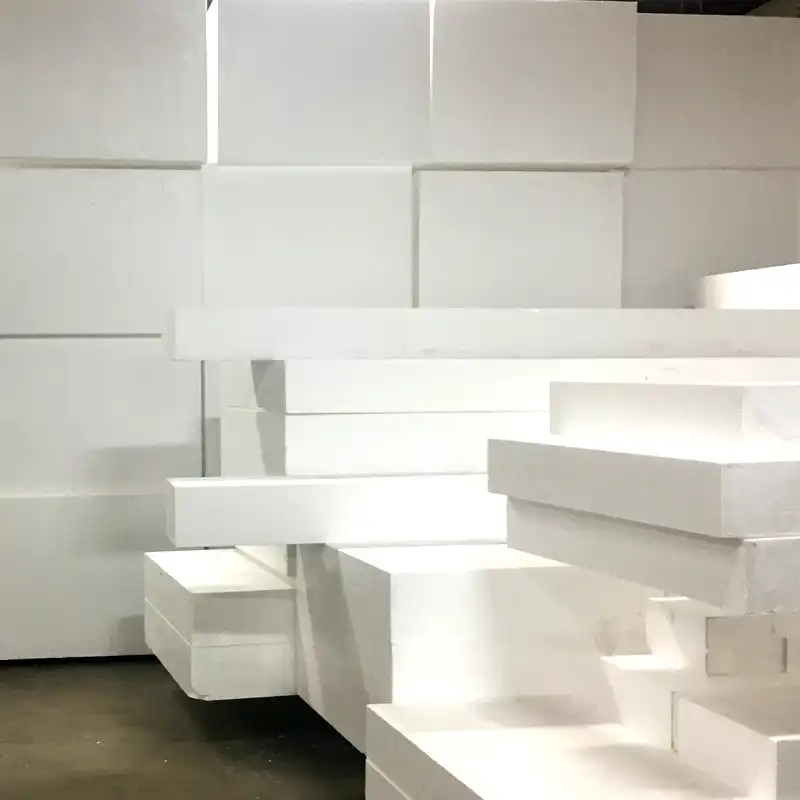
EPS Foam Blocks
EPS foam blocks are large, lightweight blocks made from Expanded Polystyrene (EPS), a thermoplastic material known for its exceptional insulating properties and durability. These blocks are created by molding expanded polystyrene beads into specific shapes and sizes, resulting in a rigid cellular structure. EPS foam blocks are widely used in construction, packaging, and various other industries due to their versatility and affordability.

EPS geofoam
Discover the transformative potential of EPS geofoam today! Whether you’re tackling road construction, stabilizing embankments, or enhancing infrastructure projects, EPS geofoam offers unparalleled advantages. Its lightweight yet robust structure reduces project timelines, minimizes excavation needs, and ensures long-lasting stability.
FAQs about expanded polystyrene system
What is Expanded Polystyrene (EPS)?
Expanded Polystyrene (EPS) is a lightweight, rigid, cellular plastic material derived from polystyrene. It is created by expanding polystyrene beads using steam, resulting in a foam material with excellent insulation properties.
What are the main applications of EPS?
EPS is used in a wide range of applications, including insulation in buildings, protective packaging for shipping fragile items, construction materials such as foam blocks and panels, and in civil engineering projects like road construction and slope stabilization.
How does EPS contribute to energy efficiency in buildings?
EPS provides effective thermal insulation, reducing heat transfer through walls, roofs, and floors. This helps maintain a comfortable indoor temperature, reduces the need for heating and cooling, and ultimately lowers energy consumption and utility costs.
Is EPS environmentally friendly?
EPS can be recycled and reused in various applications, making it a sustainable choice compared to some other materials. Additionally, EPS manufacturing processes are becoming more energy-efficient, further reducing environmental impact.
Are EPS products safe?
EPS products are non-toxic and chemically inert, making them safe for use in various applications, including food packaging. Additionally, EPS can be treated with flame retardants to enhance fire resistance in construction applications.
